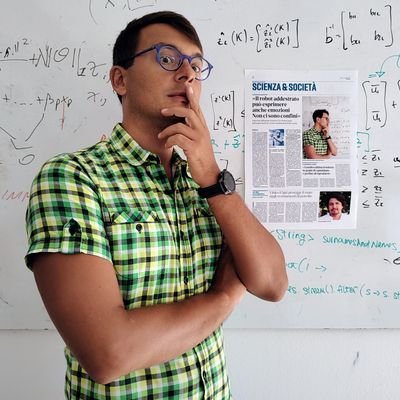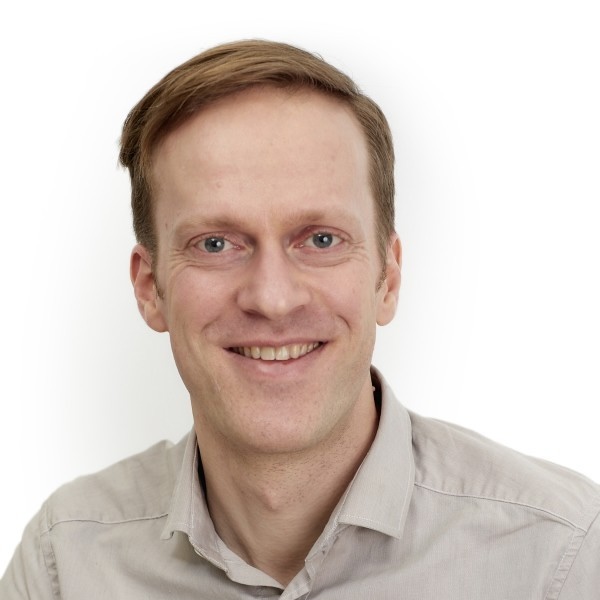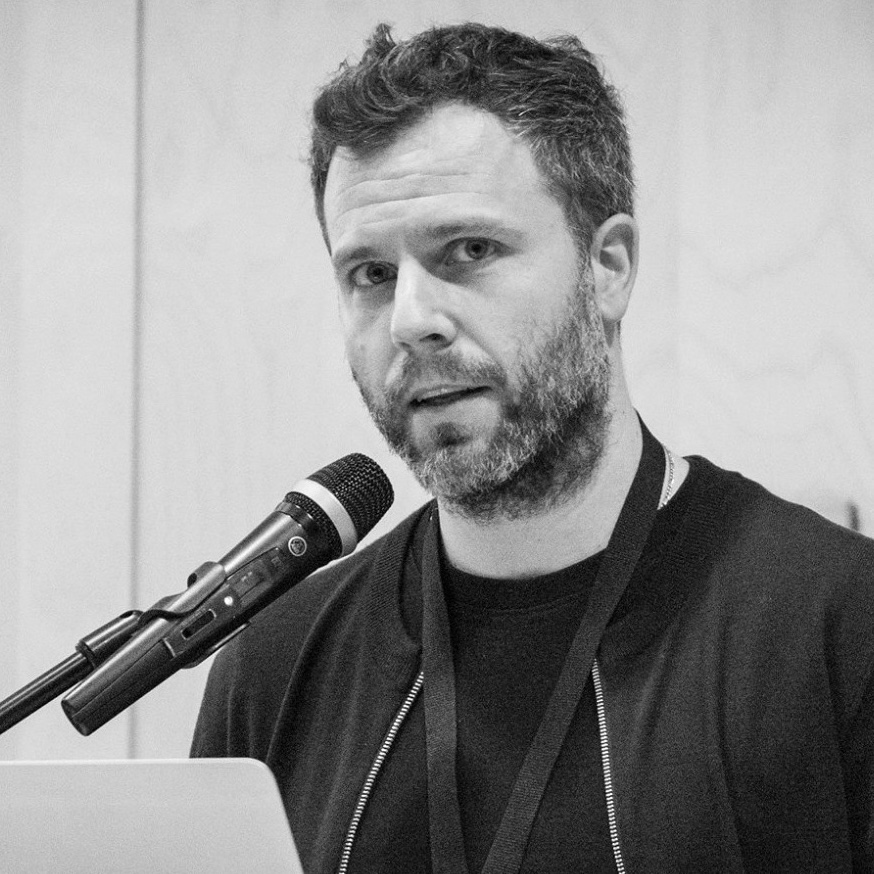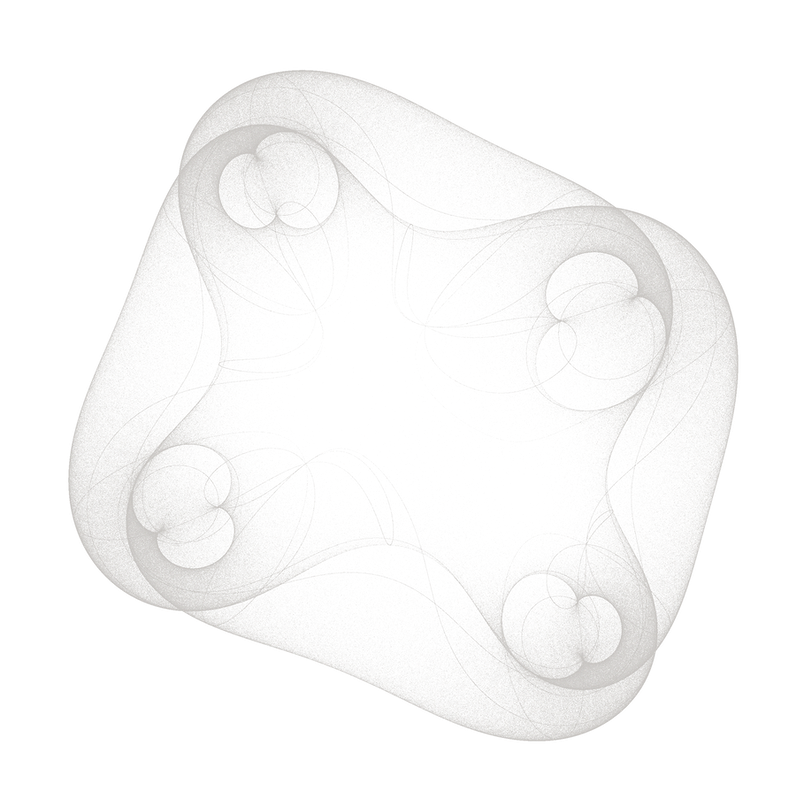Speakers
Guest speakers will be leading the discussion groups and facilitate the projects.
Ángel Goñi-Moreno
Ángel Goñi-Moreno is the leader of the Biocomputation Lab which brings together computer science and synthetic biology to design, build and test living biological circuits. He combines theory with experiments to study how microbes and molecular systems process information, like environmental signals, and engineer new ways for them to do so.
Susan Stepney
Susan Stepney is Professor at the University of York in England and former director of York Cross-disciplinary Centre for Complex Systems. Her research interests include unconventional models of computation including in materio reservoir computing, bio-inspired computing, artificial life, and open-ended evolution.
Alyssa M. Adams
Alyssa M. Adams the deputy director of Cross Labs—a physicist and creative technologist whose career bridges ten startup ventures and more than fifteen years of community building. They believe artificial life represents a new technological paradigm with the capacity to transform our future.
Alexander Mordvintsev
Alexander Mordvintsev is a researcher at Google's Paradigms of Intelligence Team. His work focuses on differentiable self-organising systems, as well as tools to visualise and interpret the latent dynamics of systems of neural networks.
Eric Medvet
Eric Medvet is the head of the Evolutionary Robotics and Artificial Life Lab and the co-head of the Machine Learning Lab. His research focuses on Evolutionary Computation, Machine Learning, and their application to computer- and engineering-related topics.
Kyrre Glette
Kyrre Glette is a Professor at Robotics and Intelligent Systems (ROBIN) group, as well as at RITMO Centre for Interdisciplinary Studies in Rhythm, Time and Motion at the University of Oslo, Norway. His research focuses on AI for robot design, adaptivity, and creativity.
Stefano Nichele
Stefano Nichele is Professor at Østfold University College in Norway. His work aim at understanding how life (and intelligence) can emerge in machines as it does in biological organisms, and how to create machines that are more adaptive, alive, and generally intelligent.







